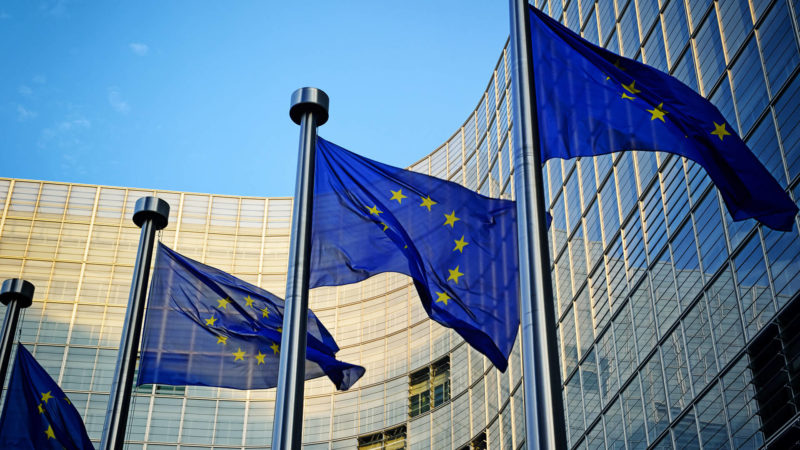Google’s Current EU-Antitrust Settlement Appears Dead
Without immediate, new concessions from Google, it appears that the company will not be able to finalize an antitrust settlement with the European Commission before antitrust chief Joaquin Almunía leaves office in November. It’s almost certain that a stronger Google critic will succeed him making a future settlement even tougher. A few months ago, after […]
Without immediate, new concessions from Google, it appears that the company will not be able to finalize an antitrust settlement with the European Commission before antitrust chief Joaquin Almunía leaves office in November.
It’s almost certain that a stronger Google critic will succeed him making a future settlement even tougher.
A few months ago, after its third revision, it appeared that both sides had reached a compromise that would end the formal antitrust inquiry. Google’s competitors and critics however kept the matter alive and continued to pressure Almunía to seek more concessions from the company, saying that nothing in the market would change under the current settlement terms.
That pressure has paid off and on Monday, Almunía acknowledged that the current settlement proposal would again need to be reworked in order to pass muster. A spokesman for Almunía is quoted in the New York Times saying, “We are now in contact with Google to see if they are ready to offer solutions.”
In a way, this is a strange and even naive statement. Almunía’s office has been in close, direct contact with Google, negotiating the terms of the various settlement proposals. However, they’ve been surprised — even blindsided — by the degree to which third parties, domestic corporate rivals and European politicians have refused to accept the proposed settlement terms at each stage of negotiations.
The real problem, which hasn’t been publicly acknowledged, is that nobody knows what an acceptable solution looks like. There is little or no agreement among Google’s critics about what would actually be required to bring the matter to a close.
Or perhaps if there is some notion of what that looks like on the part of European publishers and Google critics, it’s very far removed from what Google would be willing to do (e.g., reveal the timing and general contours of algorithm changes; have a watchdog review and approve them, not offer “vertical” content at the top of results).
At the bottom of the dispute are feelings of fear, anger and even betrayal among some European online and traditional publishers. Google is also a symbol and a kind of scapegoat, too. Anti-American sentiment is part of the subtext of the discussion, which has nothing to do with the fairness of Google’s search results.
Finally, there’s a massive philosophical and even cultural divide between the views of many European publishers and politicians and Google itself. As indicated in Eric Schmidt’s letter, Google sees itself serving users (not publishers) first — this is aligned with Google’s self interest, of course.
Publishers and critics, however, see Google as a “utility” and undisputed monopoly that now should be carefully controlled and not allowed unfettered discretion over its own search results. In the view of some, Google has helped undermine the economic foundations of long-standing European industries (e.g., newspapers) and is thus even a “dangerous,” destabilizing force in society. There are many Americans that wouldn’t disagree with this. However, it’s not accurate; it’s largely a rationalization.
I’ve now spoken to a number of European entrepreneurs, and it’s clear to me that nobody really has a concrete solution or way forward at this point that will satisfy both Google’s strongest critics and be acceptable to Google itself.
Contributing authors are invited to create content for Search Engine Land and are chosen for their expertise and contribution to the search community. Our contributors work under the oversight of the editorial staff and contributions are checked for quality and relevance to our readers. Search Engine Land is owned by Semrush. Contributor was not asked to make any direct or indirect mentions of Semrush. The opinions they express are their own.



